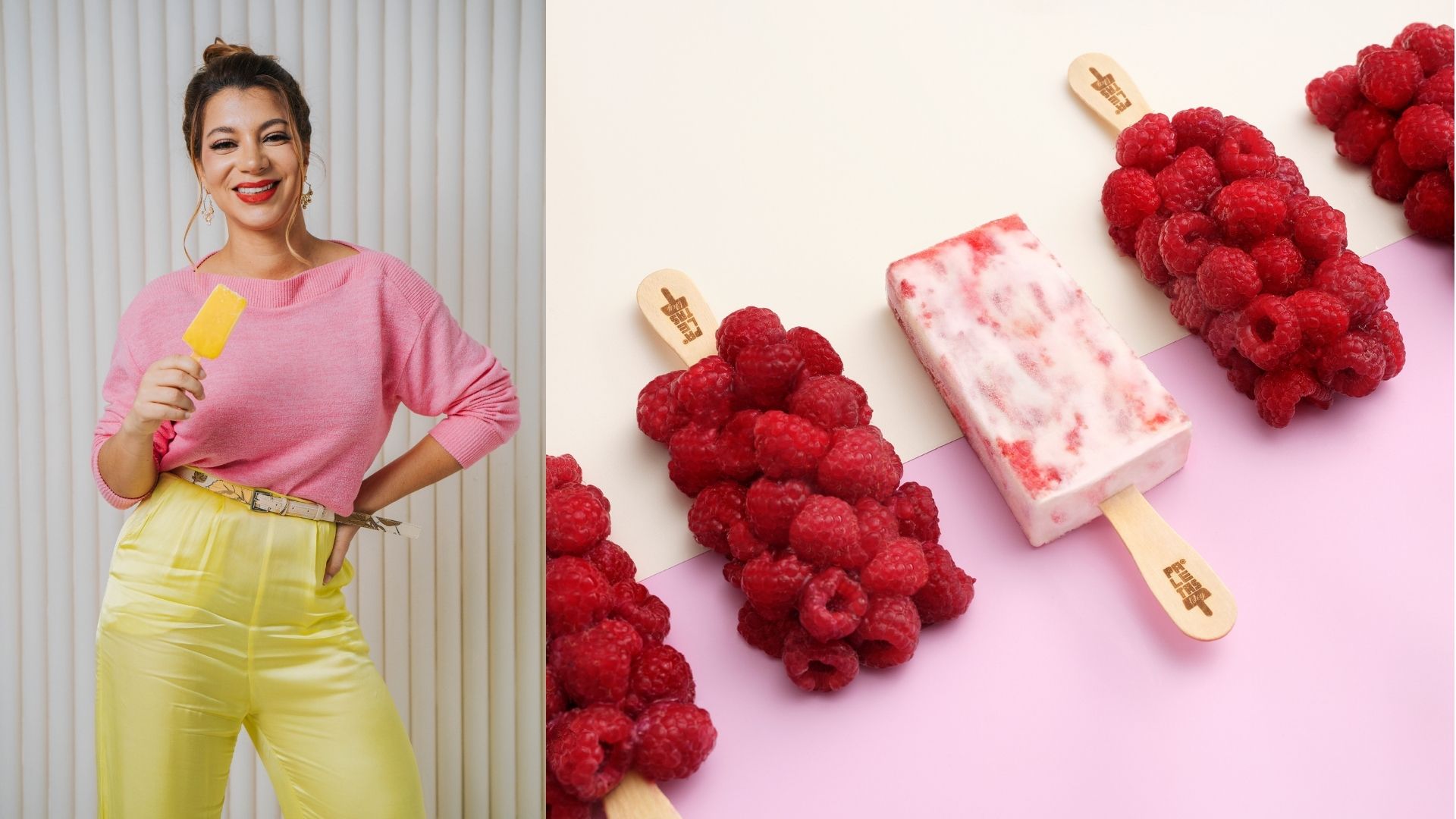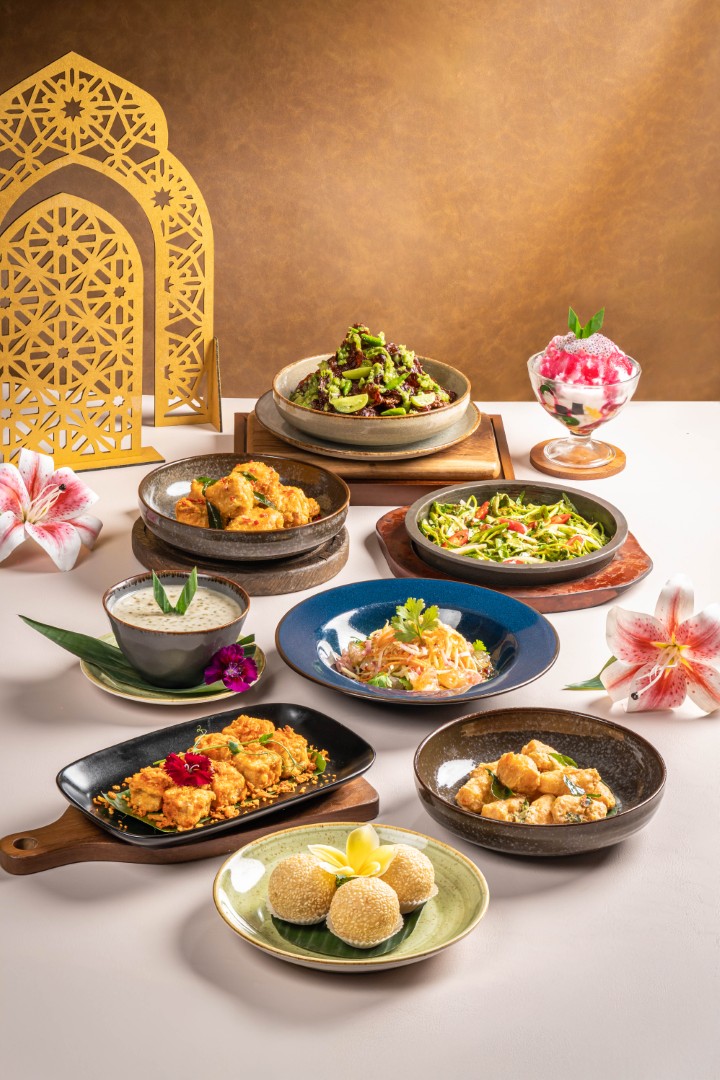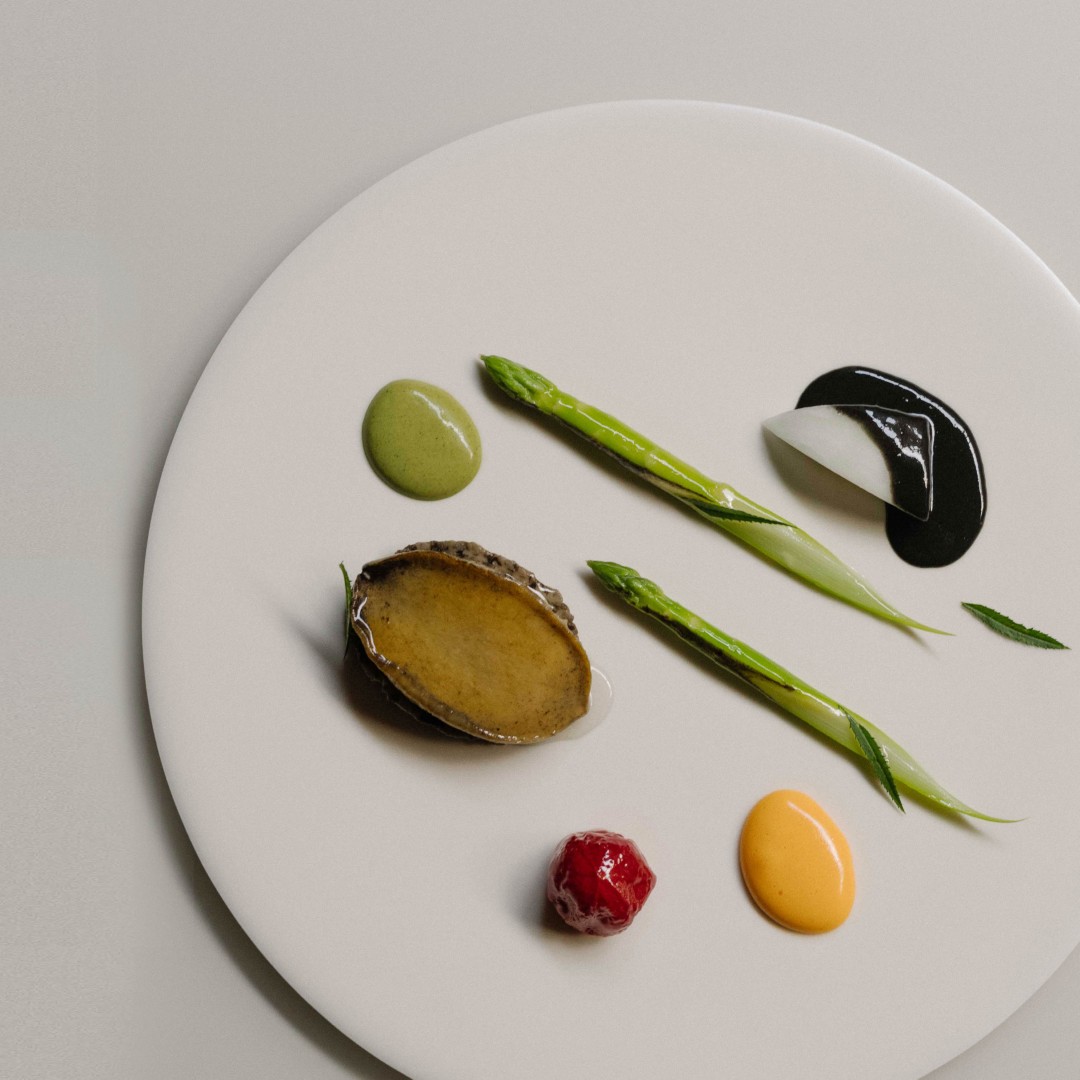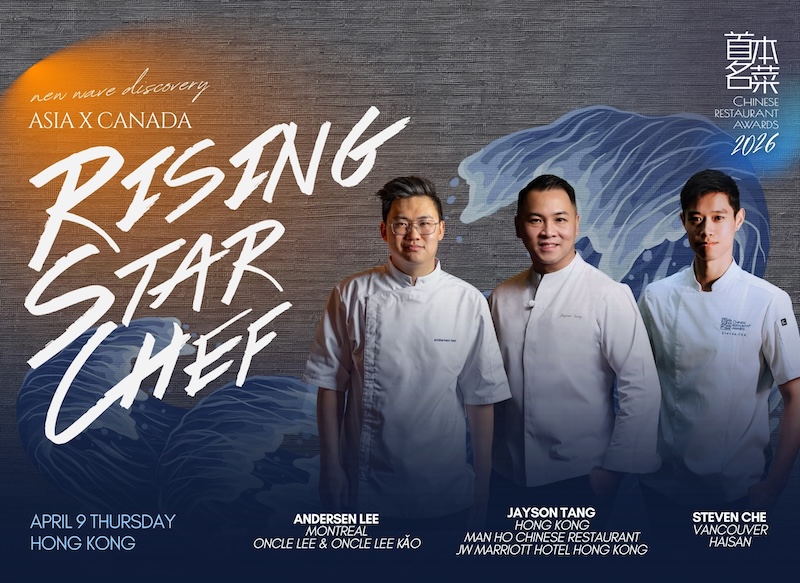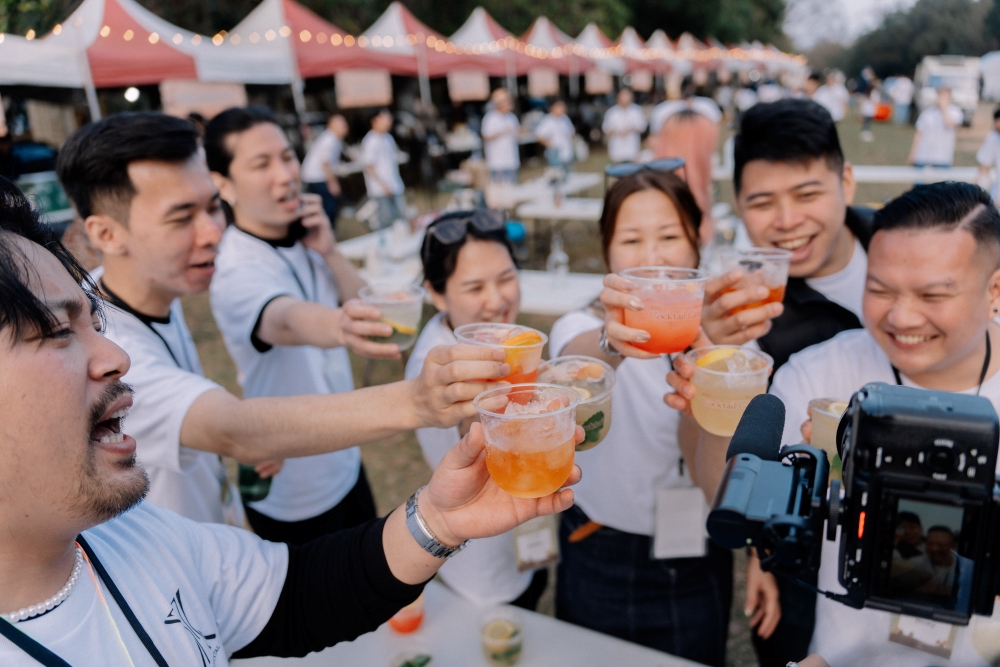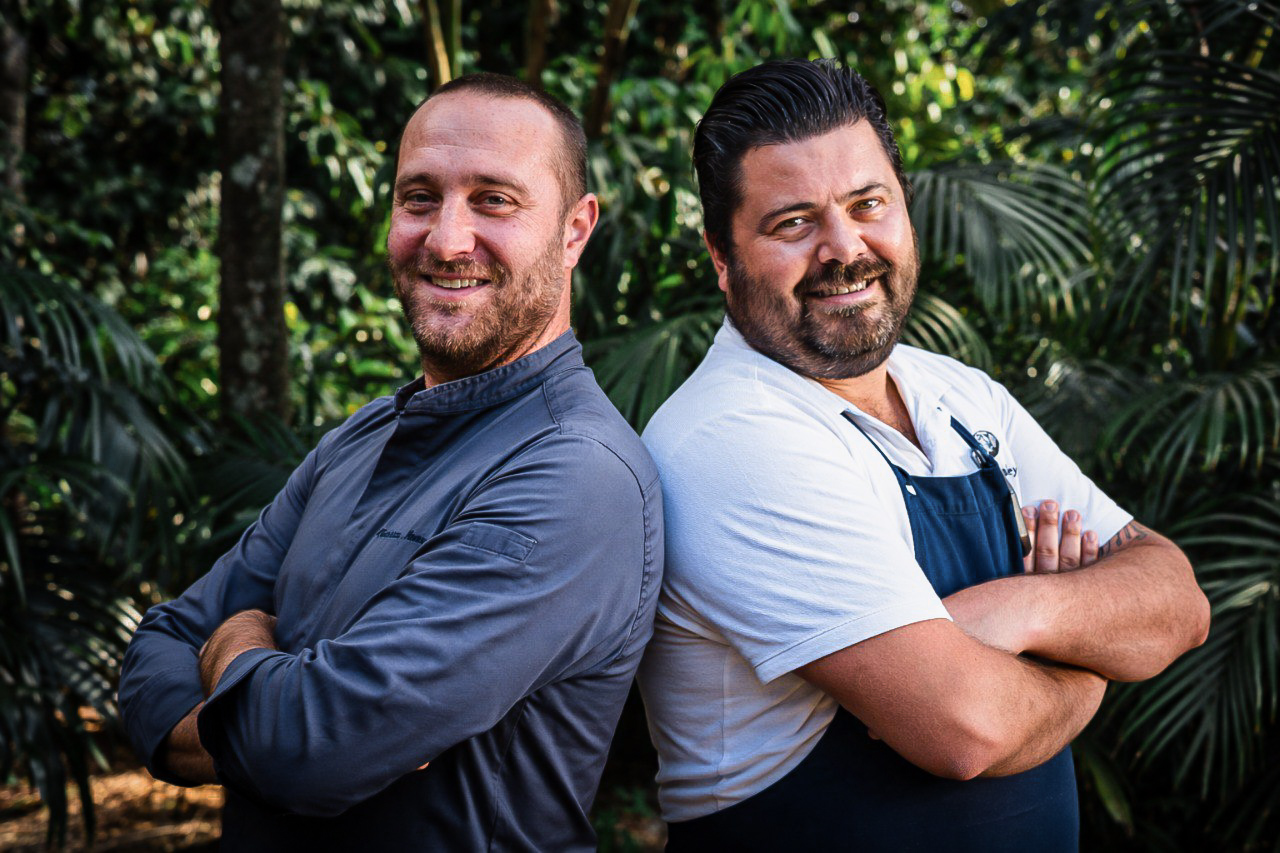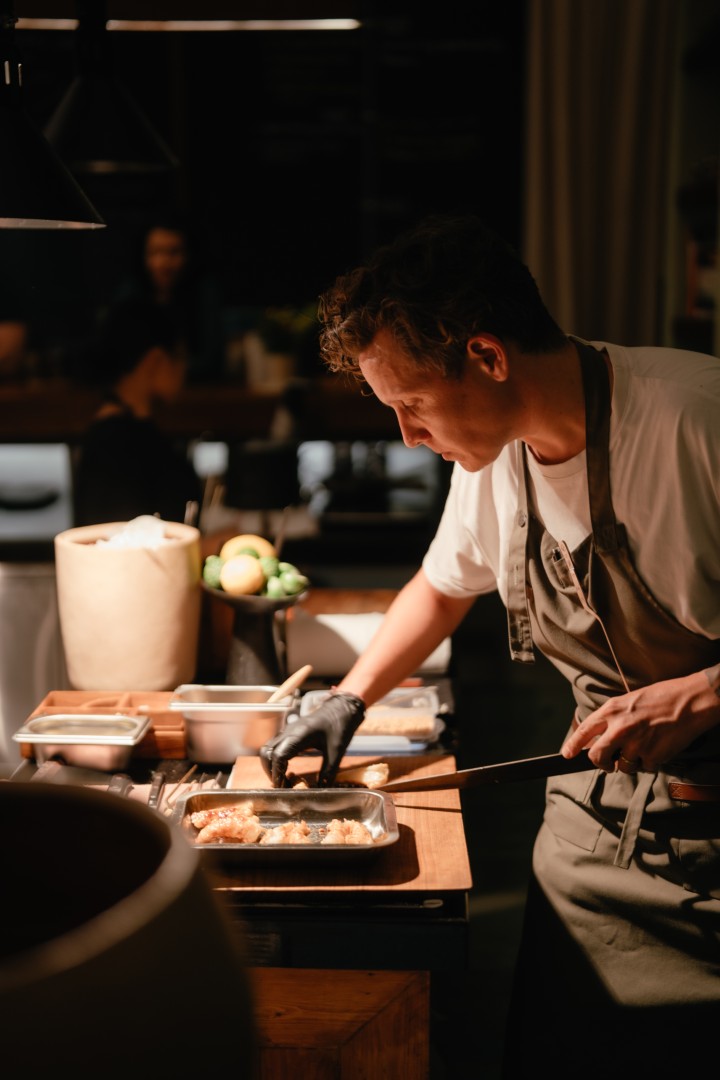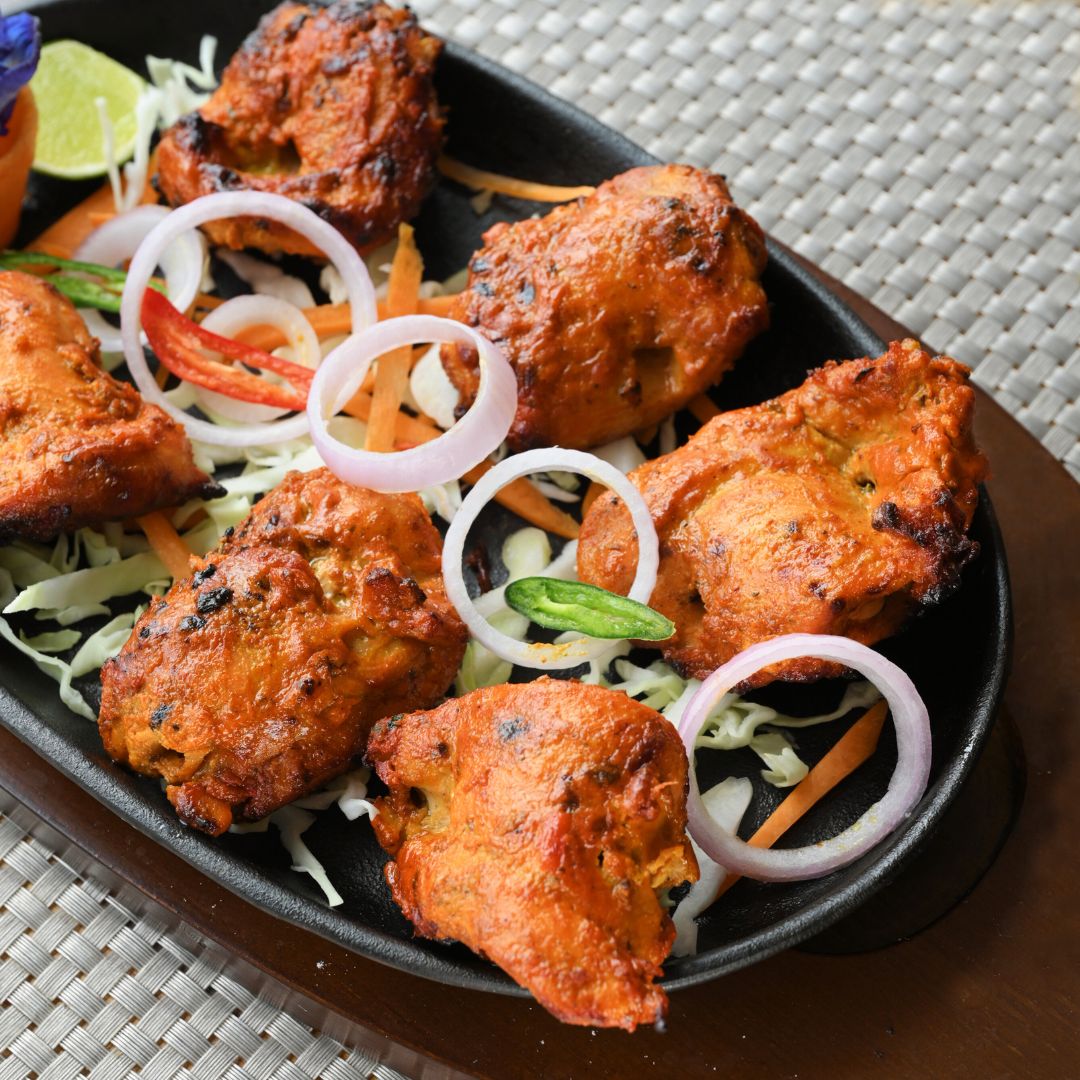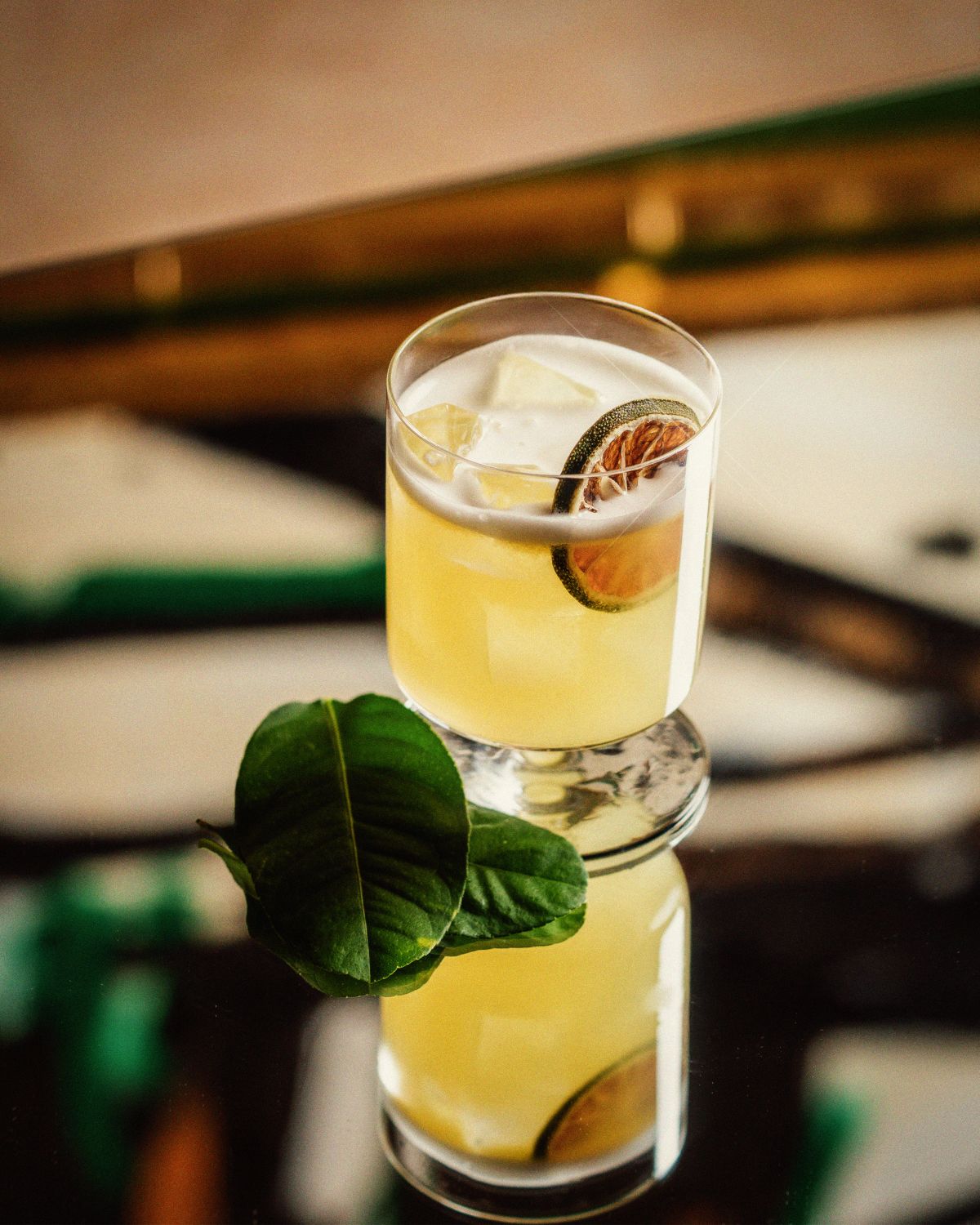With the heat constantly beating down on Bali and much of Indonesia, a scoop of gelato or ice cream is always a welcome respite for a quick cool down. But as many become more mindful of health and wellbeing, enjoying a sweet treat has become a rare occasion for many.
The gap between indulgence and health was where Paletas Wey found its place. In Spanish, palteras refers to frozen desserts on a stick — similar to popsicles — traditionally made with fresh fruit and natural ingredients. Wey, meanwhile, is Mexican slang for friend. Put together, Paletas Wey is meant to be a “sweet friend,” a brand that delivers popsicles made with less sugar, real fruit, and 100% natural ingredients. Popularized in Mexico and Latin America, paletas have become a global favourite. In Indonesia, they took root through Brazilian-born health advocate Liza Deubez, who founded Paletas Wey in 2015, selling her frozen creations from a small shop on the bustling streets of Mertanadi in Seminyak.
Over the past decade, Paletas Wey has grown into a brand that bridges the gap between wholesome eating and guilty pleasures. Its approach is simple but impactful: desserts that are lower in sugar and calories, yet equally refreshing and satisfying.
“Ten years ago, we were the first brand to bring these popsicles to the market, where you could buy and choose your flavour. People were a little bit afraid to try it, and when we said it was healthy, it was worse—because the connection with ‘healthy’ was that it wasn’t delicious,” Liza recalls with a laugh.
She remembers the lengths she went to in those early days to introduce paletas to Bali. “In the beginning, I was literally giving away free products. I stopped in the traffic line in Mertanadi with a basket full of paletas because our first shop was there. While people were waiting for the light, I gave them away—some took it, and some rejected it, even if it was free!”
Skepticism and lack of awareness did not deter her. Instead, Liza doubled down on educating customers about the idea that desserts could be both tasty and better for the body. Her belief in “living a healthy life and having that philosophy of what you put in your body goes into all aspects of life and radiates in your life” became the foundation of Paletas Wey.
From Brazil to Bali
The inspiration came naturally. Growing up in Brazil, where tropical fruits are abundant, Liza was accustomed to home cooking and homemade desserts. She spent much of her childhood outdoors, close to nature, which shaped her lifelong approach to food.
“My parents, especially my mom, were really concerned about health. She cooked as much as she could at home instead of eating fast food—we tried to eat at home. This, I believe, shaped me a lot.”
Her earliest memory of frozen treats was when her mother froze homemade juice into simple coconut paletas. “I can say that this was my first relationship with ice cream. When I was a child, we chose the fruit we wanted, blended it, added a little bit of sugar, and enjoyed it.”
When Liza first visited Bali in 2014, she noticed the absence of healthier ice cream options. The idea of starting something meaningful inspired her to return in 2015 and open Paletas Wey. “Back then, there were almost no options for eating healthy. I thought that was challenging, but it was also beautiful to start something meaningful.”
Shaping New Market
Educating people was her biggest challenge, as the market was used to soft-textured ice cream with high sugar content. She had to explain the process of turning fruit into more natural popsicles—less sugar meant a harder texture. Adapting to the palate of the local market was a matter of trial and error.
She also took time to visit local markets and farms to find the right fruits. As paletas are known to reflect local flavours wherever they are made, Liza began experimenting with Indonesian fruits. Durian and soursop quickly became favourites, while others like tamarind, corn, and papaya—popular in Brazil—didn’t resonate as much with local tastes.
“The process was very challenging because in Mexico and Brazil, paletas are very popular with their own flavours. When I arrived in Indonesia, I thought it would be nice to have Indonesian signatures. Of course, the fruits changed depending on the country. I made plenty of flavours, molded them myself, and had people try them out. The customers literally guided me on this process,” she says.
In the early days, Liza opened nine retail shops in Bali. But when demand grew from hotels, she shifted focus to distributing and supplying hotels and supermarkets, keeping one shop while expanding her reach.
Today, Paletas Wey can be found in hotels and supermarkets across Indonesia’s major cities—Jakarta, Medan, Pekanbaru, Palembang, Semarang, Solo, Yogyakarta, and beyond. Their lineup ranges from Fruity (pineapple watermelon, lime strawberry), to Premium (avocado, wild berries, coconut, mango strawberry, chocolate, strawberry kiwi), to Gold (vanilla oreo, durian, choco avocado). Seasonal flavours like caramel and yogurt with fruit keep the menu fresh.
Watermelon Lime remains the signature best-seller, embodying the brand’s ethos of refreshing simplicity.
Staying True to Its Roots
For Liza, Paletas Wey isn’t about chasing trends or profit margins. It’s about creating something honest and lasting. “We will keep our roots to make a difference with these giant brands. We can’t compete with them. We have our unique taste and flavour that is Indonesia.”
She often thinks about the diverse range of people who might enjoy Paletas Wey—a teething baby, a child, or a pregnant woman looking for a healthier dessert option. Being able to provide for them, she says, makes all the effort worthwhile.
Now celebrating its 10th year, Paletas Wey is looking to develop more local-inspired flavours, such as klepon, while also eyeing regional expansion. With each step, Liza hopes the brand continues to reflect Indonesia’s food culture while staying true to its original vision.
After all, as its name suggests, Paletas Wey is more than a dessert. It’s a “sweet friend”—one that carries with it the belief that what you eat is a reflection of who you are.
